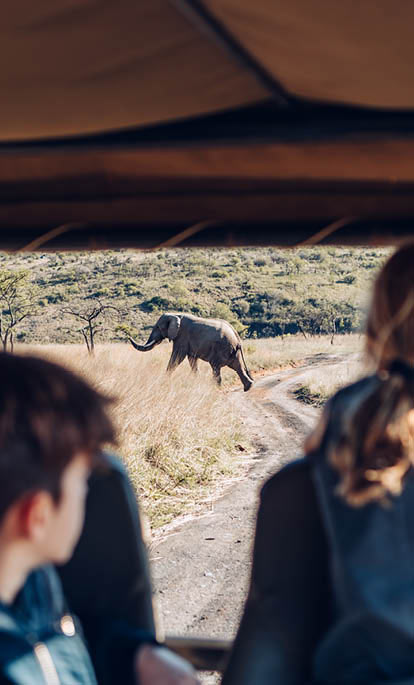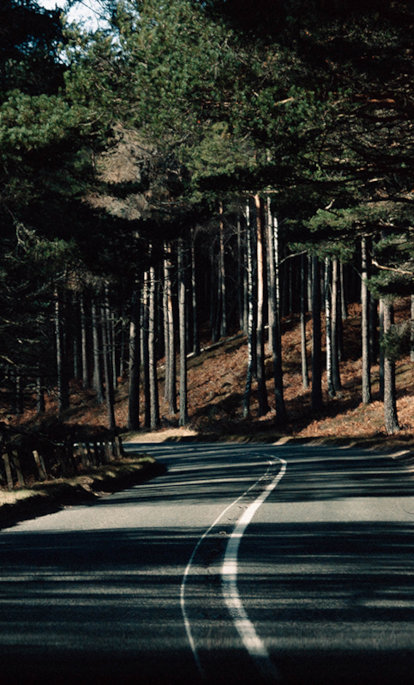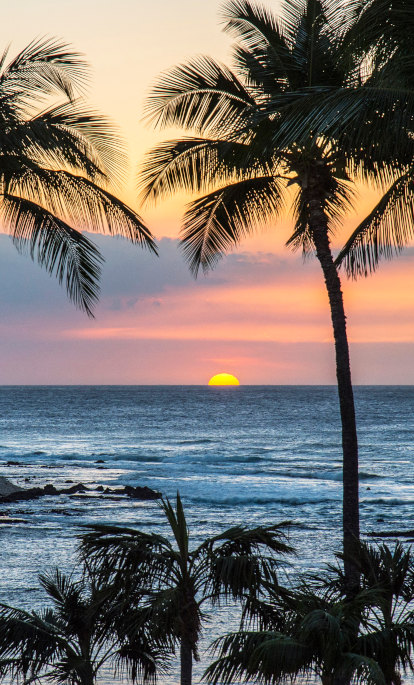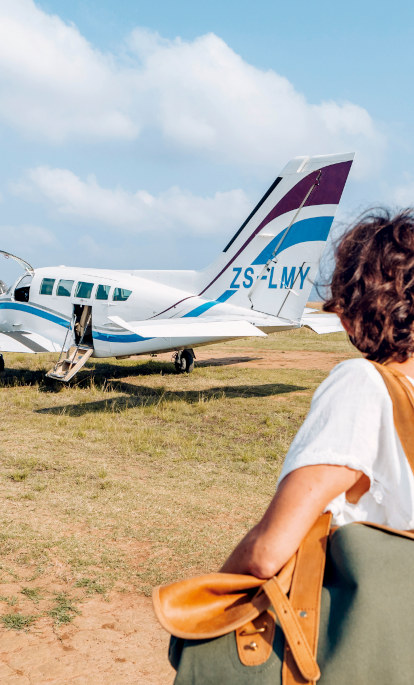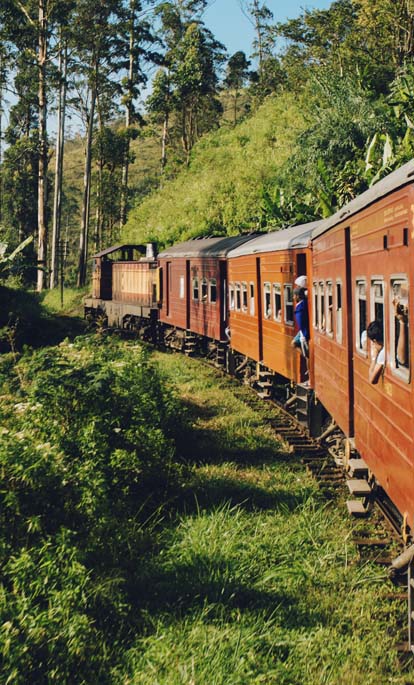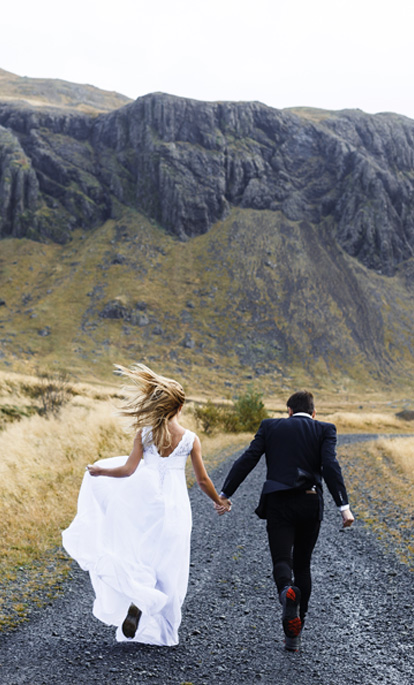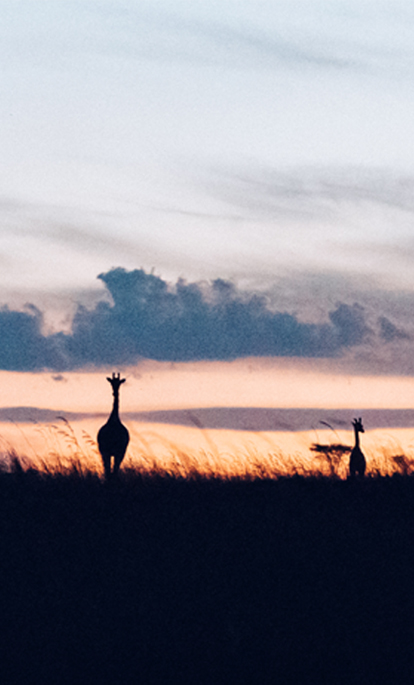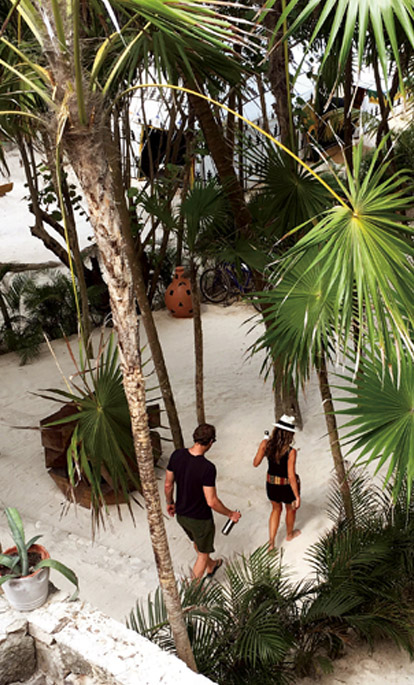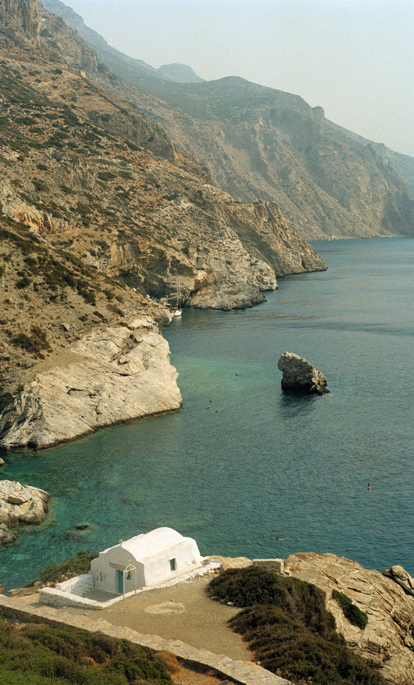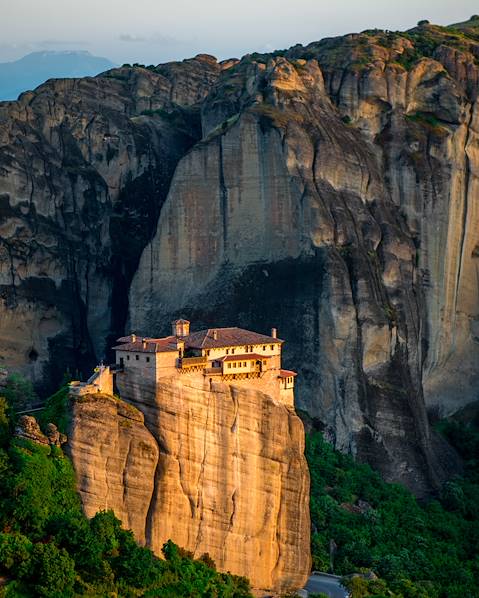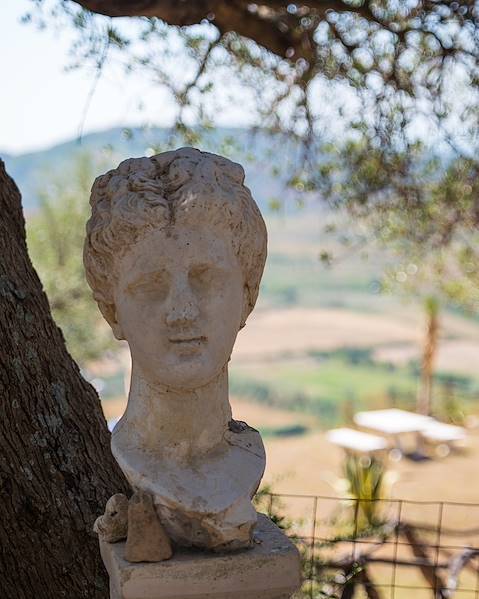With 227 inhabited islands and a fascinating mainland, Greece is abundant in culture, history and natural beauty – so much so that it can be hard to know where to begin. That’s where we come in. From relaxing on postcard-perfect beaches to uncovering the ancient world, we could wax lyrical about all the wonderful things to do in Greece. Faced with the tough task of choosing our favourites, we’ve narrowed down a list to help inspire your next trip…
1. Things to do in Crete
2. Things to do in the Cyclades Islands
3. Things to do in the Dodecanese Archipelago
4. Things to do in the Ionian Islands
5. Things to do in mainland Greece
6. Things to do in the Sporades Islands
Things to do in Crete
Tour Spinalonga Island
Situated at the mouth of the natural port of Elounda, the island of Spinalonga has gained popularity in recent years thanks to its rich history. Visit this small, rocky islet to see the remains of the old Venetian fortress and learn about the story of one of the last active leper colonies in Europe. Now abandoned, the fascinating island is easily reached by boat from Elounda, Plaka or Ayios Nikolaus.
Explore Knossos and Heraklion
Learn about the long history of the Minoan civilisation at the ancient city of Knossos. While exploring the beautiful Palace of Knossos, learn all about ancient Greek mythology, from the legendary stories of Daedalus and Icarus to the myth of the Labyrinth of the Minotaur. In Heraklion – Crete's capital – visit the archaeological museum and enjoy the world's largest collection of Minoan art.

Image by szirtesi / Fotolia
Visit Elafonisi Island
This small isle is a protected nature reserve located a few hundred feet off the coast of Crete. Boasting pristine sands and crystal-clear, shallow turquoise waters, the island’s Elafonissi Beach is famous for its pink-hued sands. Our top tip? Avoid visiting during the peak summer months, and venture in the morning or late afternoon to avoid the crowds.
Things to do in the Cyclades Islands
Day trip to Delos
Take a boat from Mykonos to see the island and UNESCO World Heritage site of Delos, one of the most important mythological and archaeological sites in Greece. As the birthplace of Apollo, god of the sun, and Artemis, goddess of hunting, Delos is considered the most sacred of all the islands. Legend has it that no mortal was allowed to be born or die here (fortunately for us, visiting is okay – phew).
Discover lunar-like landscapes in Milos
Dinky Milos is home to some of the most unusual beaches in Greece. Marvel at the otherworldly Sarakiniko on the island’s north coast, where chalky white rock formations contrast dramatically with the turquoise water below. You can also take a boat trip to see the spectacular sea caves, white volcanic rocks and arches of Kleftiko.

Image by Daria Maksimova / Getty Images / iStockphoto
Stroll around Mykonos
Wander along winding alleys and duck down narrow marble streets, admiring traditional whitewashed houses with their colourful doors and window frames. See the 17th-century Paraportiani Orthodox Church, which overlooks the Aegean Sea, and keep your fingers crossed for an encounter with Petros the Pelican, the famous local mascot. Mikri Venetia (Little Venice) is a picturesque bay where you can soak up the spectacular sunsets.
Things to do in the Dodecanese Archipelago
Wander the Medieval City of Rhodes
Exploring Rhodes’ UNESCO-recognised Medieval City is one of the best things to do in Greece for history buffs. Wander down the cobbled, labyrinthine streets, marvel at the fortified Medieval walls and tour the impressive Palace of the Grand Master. Don’t miss the bustling Hippocrates Square in the heart of the old town, replete with cafes, shops and restaurants perfect for people watching.
-body.jpg)
Image by Yianni Mathioudakis / Unsplash
Marvel at Symi’s Neoclassical architecture
Thanks to the wealthy 19th-century sea sponge merchants who commissioned them, Symi is best known for the pastel-painted mansions that crowd Gialos Harbour. Built in the Neoclassical style, these grand facades populate the harbour’s hillsides and are best admired at sunset. Wander the waterfront area with its lively mix of bars and restaurants.
Visit Patmos’ sacred sites
The island of Patmos is best known as a Christian pilgrimage site, where St. John is believed to have written the Book of Revelation. Explore the fascinating Holy Monastery of St. John the Theologian on its hilltop perch, with intricate frescoes and religious artefacts galore (plus magnificent views across the island). Another must-see spiritual spot is the Holy Cave of the Apocalypse, where St. John is said to have received his visions. Together, these sacred sites are a designated UNESCO World Heritage site.
Things to do in the Ionian Islands
Discover Corfu Old Town
A warren of winding lanes sprinkled with quaint local restaurants, lively bars and colourful shops, Corfu Old Town is a vibrant hub of history and culture. Enjoy a guided tour of this UNESCO World Heritage site and admire majestic architecture, duck into museums and savour serene moments in one of the 39 ornate churches. Hear stories of monsters, gods and heroes before heading for a bite to eat.
Explore hidden coves
Rent a boat, bring along a packed lunch and your swimwear, and spend the day exploring the island’s caves, coves and hidden beaches. Enjoy spectacular sea views, towering white cliffs and crystal blue waters populated by colourful schools of fish. Drop anchor for a cooling dip and laze in the sun on sandy coves where the only sound is the gentle lapping of the waves. Wherever you travel to, this is one of our favourite things to do in Greece.
-body.jpg)
Image by Lucian Bolca / stock.adobe.com
Island-hop aboard a luxury yacht
For the ultimate Greek experience, why not explore the islands aboard a private luxury yacht? Spend your days discovering some of the most beautiful bays and beaches in the Mediterranean, learning to sail and stepping ashore to sample the local cuisine in a traditional Greek taverna. Enjoy plush, air-conditioned cabins, a private chef and plenty of outdoor space to dine, sunbathe and relax in comfort and style.
Things to do in mainland Greece
Visit Athens' ancient sites
Athens has no shortage of ancient sites, but if you only visit one, make it the iconic hilltop Acropolis (and important UNESCO World Heritage site). Nothing beats seeing these world-famous structures up close, including the Parthenon, the Erechtheion, the Temple of Athena Nike and the Theatre of Dionysus Eleuthereus. Elsewhere in Athens? Delve further into ancient Greek history at the Ancient Agora, the Temple of Olympian Zeus and the marble-made Panathenaic Stadium, dating to 330 BC.

Image by Faustine Poidevin
Explore the Meteora monasteries
Mainland Greece’s marvellous Meteora monasteries are like something out of a fairytale. Perched atop dramatic rock formations in Thessaly, some 1,000ft high in the air, these ancient complexes were constructed by Medieval monks during the 14th and 15th centuries. While it’s quite the climb to reach these magical structures – some have over 300 steps – it’s well worth the effort (we promise).
Discover the picturesque Peloponnese
While many make a beeline for the Greek islands (who can blame them?), there’s a bounty of beauty to be found in the rugged Peloponnese peninsula. From sprawling mountains and archaeological sites to gushing waterfalls, secluded beaches and historic towns (we’re looking at you, Monemvasia), this south-western corner of Greece has it all.
Things to do in the Sporades Islands
Hike through pine forests and olive groves in Skopelos
With a thickly vegetated interior and a network of cobbled paths and winding trails, Skopelos is a dreamy hiking destination. From Hora, the main town on the island, hike past historic monasteries en route to Mount Palouki for fantastic views across the sparkling Aegean Sea. Or start at the fishing village of Palio Klima, weaving through olive groves and vineyards to reach the picturesque Agios Ioannis chapel in Kastri (of Mamma Mia fame).
Boat Tour of Alonissos’ National Marine Park
Last but not least on our list of favourite things to do in Greece is a boat trip around Alonissos’ Marine Park. Covering almost 1,400 square miles, it’s the largest protected marine reserve in Europe, and is home to rich flora and fauna, including the endangered Mediterranean monk seal. On a boat trip, visit the seven (mostly uninhabited) islands that comprise the park, and spot over 300 species of fish, as well as dolphins, sperm whales and loggerhead turtles in the biodiverse waters. Just don’t forget your snorkelling gear…

Image by gitos / Fotolia.com
